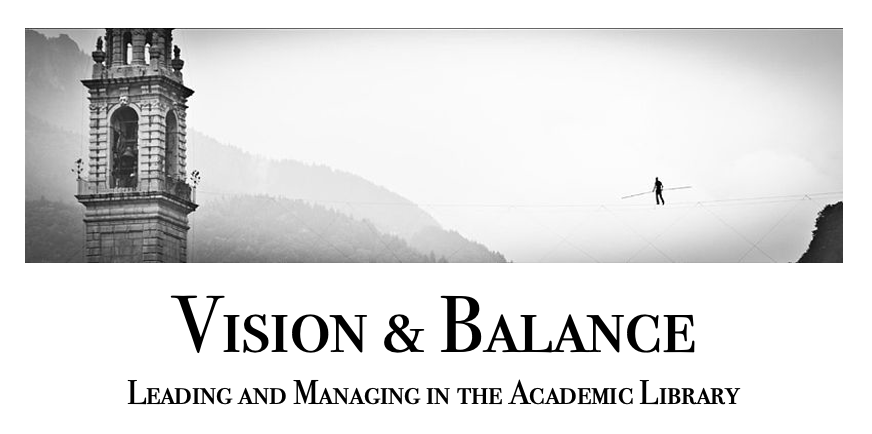We’ve all heard other people do it, and some of us may even have done it ourselves: you’re in a discussion about some mission-critical (or at least notably mission-aligned) initiative for which there don’t seem to be enough resources. And someone (maybe you, maybe me) makes a derisive comment about “those bean-counters” who keep putting barriers in front of our goals with their talk of “limited resources” and “budget shortfalls” and blah blah blah. Don’t they understand that our work isn’t about business models and that we’re mission-driven, not bottom-line-driven?
(I’ve heard a similar response sometimes within the open access movement when problems with various funding solutions come up: “Open access is not a business model; it’s an access model.”)
This line of rhetoric obscures two deeply important points about leading or managing in a library or any other mission-driven organization:
- Every mission-driven organization needs more beans that it has;
- If you really care about achieving your mission, you’d better know how many beans you do have.
What all of this points to is a couple of sometimes unpleasant but still essential realities: you need good bean-counters, and you need to listen to them. That doesn’t mean they’ll always be right; it doesn’t mean that you’ll always follow every recommendation they make. You may choose to make trade-offs or even take risks that don’t make obvious sense to your controller. But you shouldn’t do so without doing your financial due diligence, which includes listening carefully to those who are charged with and – let’s be honest – almost certainly have more expertise than you in keeping track of your beans.
If you really care about achieving your mission, you’d better know how many beans you have.
The thing is, being a mission-driven organization doesn’t mean you don’t care about money. It means that you need to care very much about money, because you care about achieving your mission and you can’t do that if you run out of money.
So why is this piece titled "Two and a Half Cheers for Bean-counting" instead of "Three Cheers"? Because as with just about everything, it is indeed possible to worry too much about money, and to end up being penny-wise and pound-foolish. In my organization, I do worry about making sure we're using resources carefully – but I also regularly remind my team that our goal is not to save money; our goal is to spend money, and to do it wisely, carefully, and effectively. There's no virtue in spending foolishly, of course, but there's also no virtue in failing to use our resources fully and effectively in pursuit of our mission. Our budgets are allocated and entrusted to us for a purpose, and our sponsoring institution would much rather that we spend our budget fully in advancing that purpose than give some of it back at the end of the year.
So what does all of this mean for you as a library leader? Several things, and these will act as today’s Takeaways and Action Items:
- Never let your staff or your leadership team hear you denigrating your controller or your finance office for being responsible fiscal managers. Delete the term “bean-counter” from your vocabulary.
- Budget constraints are an opportunity to help your team and your line staff understand both the inevitability of trade-offs and effective principles for dealing with them.
- Budget decisions are ultimately your responsibility, and you can’t – either passively or actively – delegate that ultimate responsibility (even if you’re not directly involved in every budget allocation at every level).
Two and a Half Cheers for: Bean-counting
You're a mission-driven organization? Congratulations. That means you _really_ need to know how many beans you have.
